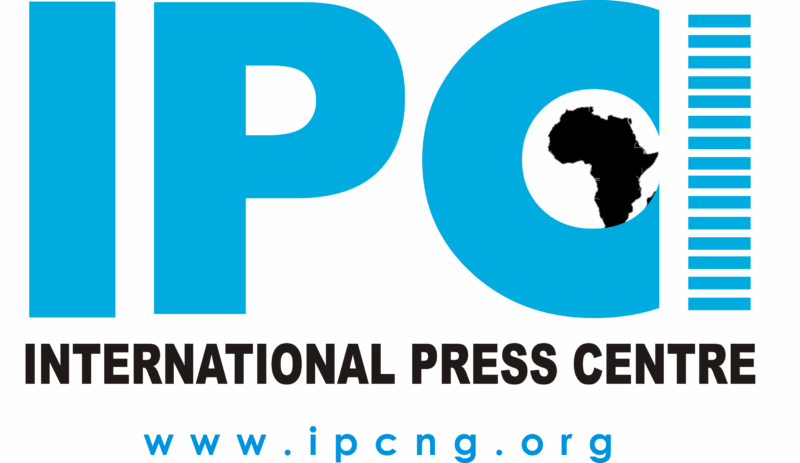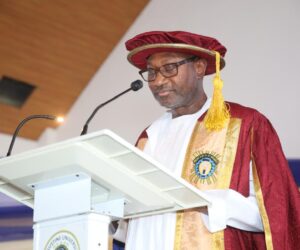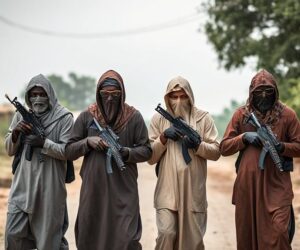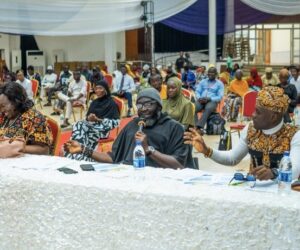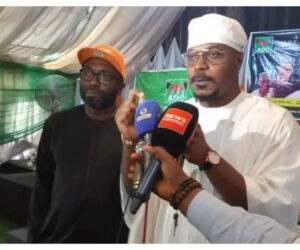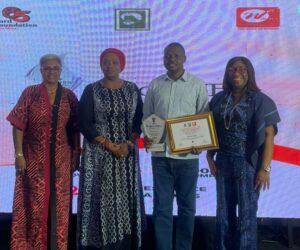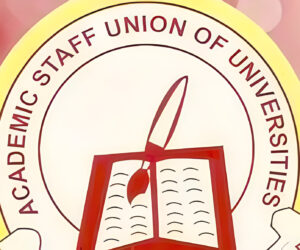The International Press Centre (IPC), Lagos, has condemned the killing of an Ibadan-based journalist, Peter Ojo, and called for a thorough investigation into the incident.
Mr Ojo, who worked with the Daily Monitor, was confirmed dead after being shot by suspected armed robbers along the Molete–Oke Ado axis of Ibadan on 18 August. His death was initially thought to be health-related until his younger brother, Enahoro Peter, clarified that he had been attacked.
In a statement, IPC’s Press Freedom Officer, Melody Akinjiyan, described Mr Ojo’s death as a tragic loss to the Nigerian media industry.
“This unfortunate loss is a sad one for the media industry, considering the fact that Peter Ojo must have left home in perfect health and was looking forward to returning, only to be gunned down in broad daylight,” she said.
Ms Akinjiyan urged the police to leave no stone unturned in their investigation.
“While we acknowledge the ongoing investigations by the police, we urge them to examine all possible angles and ensure that justice is served,” she added. “The suspect in police custody should be immediately charged in court, while efforts are made to arrest the remaining suspects who were said to have escaped.”
Ms Akinjiyan said this “will go a long way to bring succour to the family and colleagues that he left behind.”
Rising attacks on journalists
Although there is no indication yet that Mr Ojo was killed because of his work, his murder adds to the growing concerns over journalist safety in Nigeria. Press freedom groups have repeatedly raised alarm about rising attacks, intimidation and harassment of media professionals.
The IPC documented 45 incidents of attacks on journalists in 2024 alone, affecting more than 70 individuals and three media outlets. Security operatives were often implicated as perpetrators.
Other organisations, including the Centre for Journalism Innovation and Development (CJID), have consistently raised concerns about the worsening climate for press freedom in Nigeria.
Through its Press Attack Tracker, the CJID documented more than 1,200 verified cases of violations against journalists between 1986 and 2025, with the most alarming figures recorded in the last five years. In just one year, between May 2023 and June 2024, CJID recorded 51 cases of violations, followed by another 90 cases between July and October 2024.
CJID’s 2024 Subnational Press Freedom Index further highlights the risks faced by journalists across Nigeria. States such as Imo, Bauchi, and Lagos were ranked among the most dangerous places for media professionals, while Cross River emerged as the most open and tolerant state, with the highest score for transparency and press safety.
These findings, based on feedback from journalists, civil society groups and media owners, reveal that despite constitutional guarantees, the press in many parts of the country still operates under conditions of hostility, censorship, and violence.
In January, the Centre for Media and Society (CEMESO) reported that more than 70 per cent of recorded press freedom violations involved direct attacks on journalists, with security agencies responsible for more than half of the cases.
Similarly, the Media Rights Agenda (MRA) recorded 141 cases of assaults on journalists and media workers between May 2023 and May 2025, ranging from physical assaults to arrests and surveillance.
Historical fatalities
The Committee to Protect Journalists (CPJ) has documented at least 24 journalists killed in Nigeria between 1992 and 2023, many of them in connection with their reporting. UNESCO also reported nine journalist killings between 2006 and 2019, none of which were resolved.
High-profile cases include the 2012 killing of Channels Television correspondent Enenche Akogwu, who was shot while covering a Boko Haram bombing in Kano.
In 2009, The Guardian assistant news editor Bayo Ohu was murdered in Lagos in what was initially described as a robbery, though colleagues strongly suspected he was targeted for his work. These cases, among others, remain stark reminders of the risks faced by journalists in Nigeria and the lack of accountability for perpetrators.
Press Freedom Under Constraint
Nigeria continues to struggle with press freedom rankings. In the 2024 World Press Freedom Index, the country was placed 112th out of 180, reflecting persistent challenges such as censorship, intimidation and the economic vulnerability of journalists.
Studies by MRA show that most press freedom violations are linked to politicians and security forces, with a significant share involving physical assaults and threats.
Rights groups argue that the lack of accountability for attacks emboldens perpetrators and fosters a climate of impunity. This climate, they warn, not only threatens the safety of journalists but also weakens democratic accountability by restricting the flow of information to the public.

